‘I used to be Mr Nasty! That was good! Mr Nasty was easy!’ Jeremy Paxman bellows at Michael Palin on his new podcast. Now Paxman wants to know: ‘Have you got any recommendations as to how you become the nicest man in Britain?’ ‘I’m a very angry, cross person half the time!’ Michael Palin protests, pleasantly. The Lock In with Jeremy Paxman is Paxman’s attempt at a more convivial register — ‘just interesting people, over a pint, with me’ — in contrast to the tone he deployed famously on Newsnight for 25 years: that of the professional curmudgeon.
Luckily Paxman is still a hopeless grouch and cannot easily sustain common standards of politeness even over the course of a half-hour interview. He is therefore on enjoyably bad-tempered form in most of the episodes, and continues to draw on large reserves of combative energy — on Lee Child’s novels (‘Why can’t you do anything better?’); on Richard Dawkins’s scientistic preaching (‘Don’t your friends say to you: “Oh, lighten up, Richard!”?’); and on poor, nice Michael Palin’s travel documentaries (‘You’re not going to be traipsing around when you’re 90, are you? That would be really embarrassing.’).
The highlight of the series is Paxman’s interview with Katharine Birbalsingh (‘a gloriously sensible woman’), the so-called ‘strictest headmistress in Britain’ and founding-principal of the inner-city Michaela Community School, which delivers some of the best GCSE results in the country. Birbalsingh operates a style of authoritarian regime that involves singing the National Anthem, defending the canon of ‘dead white men’, and what she several times refers to as the ominous-sounding practice of ‘holding children to account’. Jeremy, uncharacteristically silent, is, I assume, appropriately terrified and impressed. ‘I am determined,’ says Birbalsingh, ‘that when I am 95 and I look back… I’m going to say I made a difference to the world,’ and one senses this will be true whether the world likes it or not.
David Frost’s flamboyant, impish persona and cosmopolitan drawl made him a suspicious object in the late 1960s, while presenting The David Frost Show in America. J. Edgar Hoover placed FBI agents in the audience, and an internal Bureau memorandum notes with distrust that Frost ‘who makes a practice of having controversial guests on his programme, professes to have an English background’, though this should probably be ‘discreetly’ verified.
The Frost Tapes is Wilfred Frost’s homage to his late father. Over eight hour-long episodes the Frost archive of more than 10,000 interviews is tapped for its most dramatic and prophetic moments: ‘My dad had a front row seat to… American history, and it all feels so much like today.’ The result is a highly digestible buffet of nostalgic encounters and voices evocative of an altogether sexier era — James Baldwin, Gloria Steinem, George Wallace, Walter Cronkite — cued in and out by the elevator tones of the in-house Billy Taylor Trio, and interrupted for historical exposition by Frost Junior. It is a smoothly produced and engaging retrospective, in which the listener is orientated amid the mosaic of voices by way of a helpful backing track: Nixon (anxious cellos); Joan Baez (thoughtful pizzicato); the Reverend Jesse Jackson (ascendant car-advert arpeggios).
At times one feels that perhaps slightly too much care has been taken to emphasise the material’s ‘relevance’ to the present, as if this were the only thing that could justify revisiting it. Quaint references to ‘the race question’, to women’s liberation, the sinister power of the ‘networks’, and a president willing to go ‘over the heads’ of the traditional press to address a silent majority — all of these, we are encouraged to think, are today’s problems described in the rear-view mirror. More startling than the alleged similarities, though, are the glaring discontinuities revealed in The Frost Tapes: for one thing, the unashamedly elevated tone it was once possible to sustain on a mainstream chat show. Frontrunner for the 1968 Democratic nomination Robert Kennedy answers one of Frost’s flabbier lines of questioning (‘What would you say, at root, that people are on Earth for?’) by referencing Camus. Joe Biden, ahead of his unsuccessful 1988 run, talks lucidly about the pleasures of Plato and Somerset Maugham. The past, evidently, is another country; it is difficult to imagine today’s candidates talking as earnestly, as unguardedly, as these figures from the past, even when, as in the latter case, they happen to be the same person.
Got something to add? Join the discussion and comment below.
Get 10 issues for just $10
Subscribe to The Spectator Australia today for the next 10 magazine issues, plus full online access, for just $10.
You might disagree with half of it, but you’ll enjoy reading all of it. Try your first month for free, then just $2 a week for the remainder of your first year.

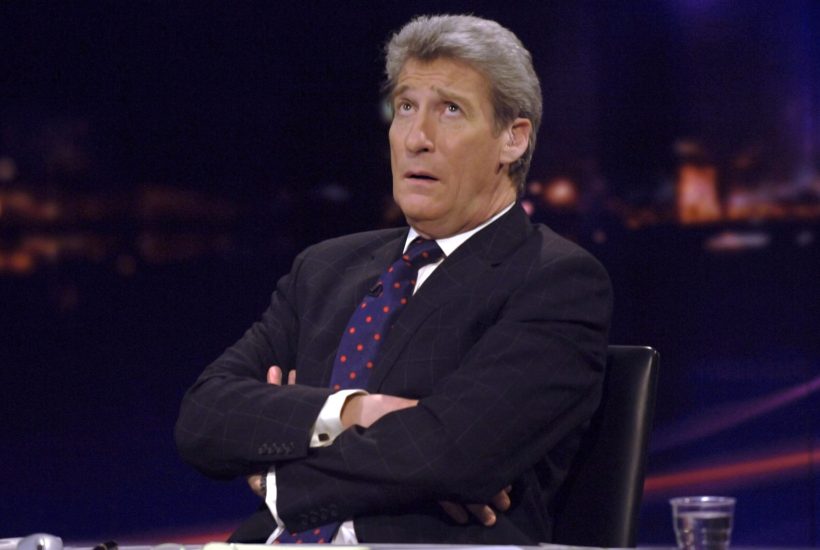
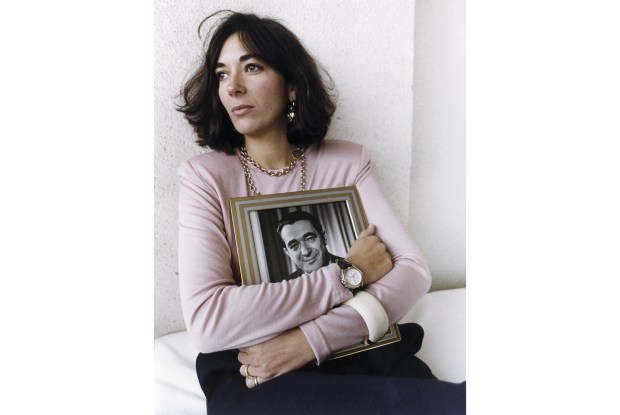
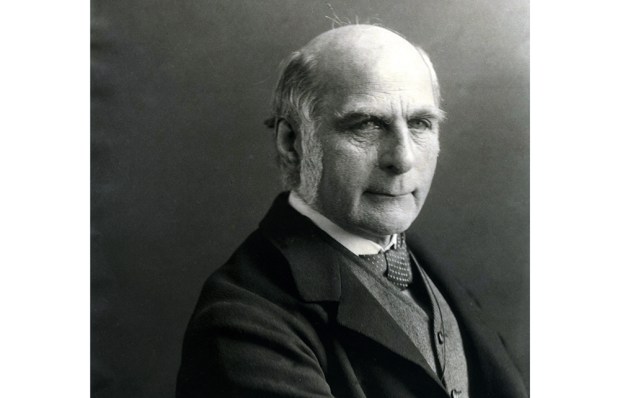
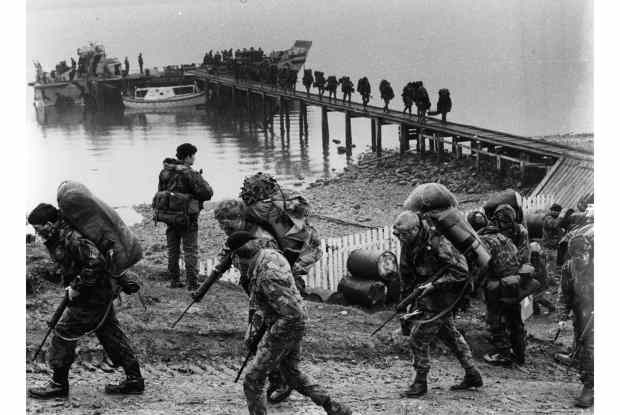

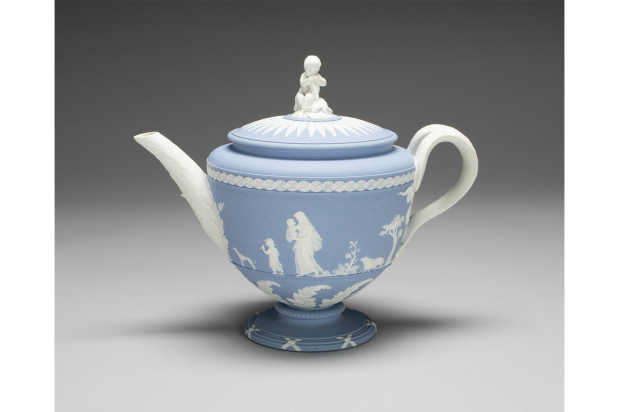







Comments
Don't miss out
Join the conversation with other Spectator Australia readers. Subscribe to leave a comment.
SUBSCRIBEAlready a subscriber? Log in